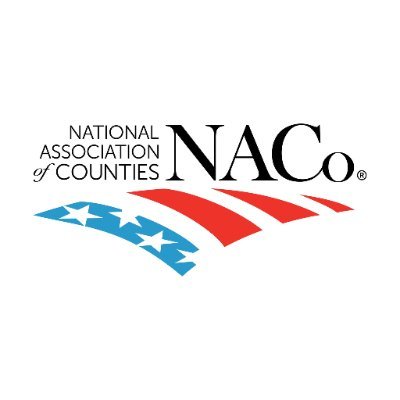The National Vote at Home Institute (NVAHI), a nonpartisan nonprofit dedicated to expanding secure Vote at Home systems, filed an amicus brief in support of the Washington/Oregon suit challenging Section 7(a) of Executive Order No. 14248, which would require mailed-out ballots to be received, rather than postmarked, by Election Day in federal elections.
NVAHI argues that this provision of the executive order is unconstitutional and would disenfranchise tens of thousands of lawful voters, particularly those in rural areas or with limited access to ballot drop boxes.
“The U.S. constitution is clear on this issue. Every state determines how its elections will be run. This executive order is not just about ballot deadlines, it’s about a power grab of unprecedented federal overreach into state elections,” said Barbara Smith Warner, NVAHI executive director.
Over the last 20 years, more than one billion ballots have been delivered safely to voters across the United States. All 50 states and Washington, D.C., now allow Vote at Home in some form, and 18 states accept ballots postmarked by Election Day, a standard that is both secure and essential for protecting voting rights.
Our amicus brief includes findings that show:
- Vote at Home systems increase voter turnout by an average of 3-4 percentage points
- Fraud is exceedingly rare, with fewer than 0.00006% of roughly 250 million mailed-out ballots over 20 years showing any credible evidence of fraud.
- States that expanded Vote at Home access saw increased participation among voters with disabilities and young voters, particularly voters of color.
- Rural voters would be disproportionately harmed by an Election Day receipt deadline, due to slower mail delivery and fewer ballot drop boxes.
The brief cites recent warnings from the National Association of State Election Directors and the U.S. Postal Service acknowledging growing delays in ballot delivery, especially in rural communities.
“This Executive Order is a direct threat to voters. Thousands of Americans who follow the rules and mail their ballots on time could be silenced because of mail delays beyond their control. That’s not democracy, it’s disenfranchisement,” said Smith Warner.
About National Vote At Home Institute
The National Vote at Home Institute is a nonpartisan, nonprofit organization that works to increase voters’ access to, use of and confidence in mailed-out ballots. Since 2018, NVAHI has helped policymakers and election administrators facilitate innovation of Vote at Home systems by providing resources and best practices on research, policy and communications. Our long-range vision is a nationwide Universal Vote at Home election system in which all active registered voters are automatically delivered their mailed-out ballot, to be returned by postage-free mail or in person to a wide range of secure locations, can track them online in real-time, and easily and promptly correct any administrative errors.


